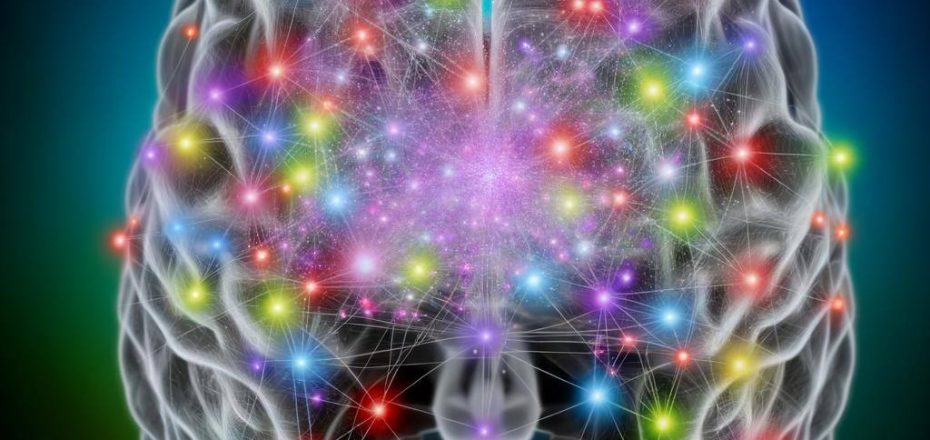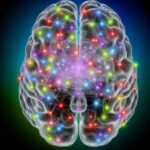By Emmanuel Tamarez, LPC
The Bidirectional Link: How Physical Pain Influences Mental Health
Chronic pain and mental health are deeply intertwined, with each having a significant impact on the other. Research has shown that experiencing persistent physical pain can have detrimental effects on mental well-being, leading to the development or exacerbation of mental disorders such as depression and anxiety. The constant discomfort and limitations caused by chronic pain can lead to feelings of frustration, helplessness, and hopelessness, which can contribute to the onset of depressive symptoms. Similarly, the stress and emotional burden of living with chronic pain can trigger anxiety, making it difficult to cope with daily life.
On the other hand, mental health issues can also influence the perception and experience of physical pain. People with depression and anxiety may have a lower pain threshold, amplifying the intensity of physical sensations. Additionally, the negative emotions associated with mental disorders can worsen the subjective experience of pain, making it feel more intense and unbearable. This bidirectional link between physical pain and mental health highlights the need for an integrated approach to treatment that addresses both aspects simultaneously.
Psychological Impacts of Chronic Pain: Anxiety and Depression
Living with chronic pain can have profound psychological impacts, particularly in terms of anxiety and depression. The constant presence of physical discomfort can create a sense of uncertainty and fear, leading to heightened anxiety levels. The fear of exacerbating the pain or not being able to effectively manage it can significantly impact daily functioning and quality of life. Additionally, the limitations imposed by chronic pain can lead to feelings of isolation and social withdrawal, further contributing to the development of anxiety and depression.
Furthermore, chronic pain is a known risk factor for the development of depression. The persistent nature of the pain, coupled with the challenges it presents in daily life, can lead to a sense of hopelessness and despair. The loss of enjoyment in previously pleasurable activities and the disruption of normal routines can further contribute to the development of depressive symptoms. It is essential to recognize and address the psychological impacts of chronic pain to effectively manage both the physical and mental aspects of the condition.
Strategies for Managing Pain to Improve Mental Health
Managing chronic pain is crucial not only for physical well-being but also for mental health. Engaging in self-care practices can help alleviate the impact of pain on mental well-being. This may include regular exercise, which has been shown to release endorphins and improve mood. Additionally, relaxation techniques such as deep breathing exercises, meditation, and mindfulness can help reduce stress and promote a sense of calm.
Seeking support from healthcare professionals is also essential in managing both physical pain and mental health. They can provide guidance on pain management strategies, including medication, physical therapy, and alternative treatments. Additionally, mental health professionals can offer therapies such as cognitive-behavioral therapy (CBT) to help individuals develop coping mechanisms and address the emotional aspects of living with chronic pain. It is important to establish a comprehensive treatment plan that addresses both the physical and mental components of pain to achieve optimal well-being.
Case Studies: Real-Life Impact of Integrated Pain and Mental Health Treatment
Real-life case studies provide valuable insights into the impact of integrated pain and mental health treatment. These cases highlight the positive outcomes that can be achieved when both aspects are addressed simultaneously. For example, a study involving individuals with chronic pain and comorbid depression found that a combination of pain management strategies and depression treatment led to significant improvements in both pain levels and depressive symptoms. Similarly, another case study demonstrated the effectiveness of an integrated approach in managing chronic pain and anxiety, with individuals reporting reduced pain intensity and anxiety levels.
These case studies emphasize the importance of considering the interplay between physical pain and mental health when designing treatment plans. By addressing both aspects, healthcare professionals can provide comprehensive care that improves overall well-being and quality of life.
Future Directions in Pain and Mental Health Research
As our understanding of the relationship between physical pain and mental health continues to evolve, there are several areas of research that hold promise for the future. One area of focus is the development of personalized treatment approaches that take into account individual differences in pain perception and psychological factors. By tailoring treatment plans to the specific needs of each individual, healthcare professionals can optimize outcomes and improve overall patient satisfaction.
Additionally, advancements in neuroimaging techniques offer opportunities to explore the neural mechanisms underlying the pain and mental health relationship. Understanding the brain circuits involved in both physical pain and mental disorders can provide valuable insights into potential targets for intervention and treatment.
Furthermore, the integration of technology into pain and mental health management shows promise for the future. Mobile applications and wearable devices can help individuals monitor their pain levels, track mood fluctuations, and access self-help resources. These technological advancements have the potential to enhance treatment outcomes and empower individuals to actively participate in their own care.
In conclusion, the relationship between physical pain and mental health is complex and bidirectional. It is crucial to recognize and address the interplay between these two aspects to provide holistic care that improves overall well-being. By understanding the psychological impacts of chronic pain, implementing strategies for pain management, and exploring innovative research directions, we can pave the way for a future where individuals with chronic pain can lead fulfilling lives with optimal mental health.






